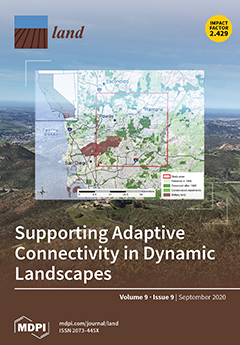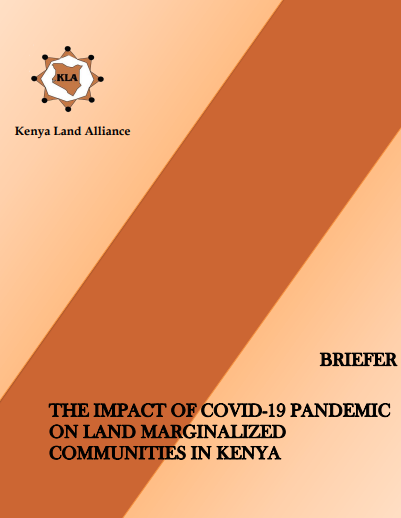Effects of Urbanization on Farmland Size and Diversified Farm Activities in Japan: An Analysis Based on the Land Parcel Database
Peri-urban agriculture (PUA) has been widely regarded as a sub-field of multifunctional agriculture for improving the sustainability of urban environments. However, urban sprawl has both negative and positive effects on peri-urban farming, and the research on this issue in Japan is insufficient.




